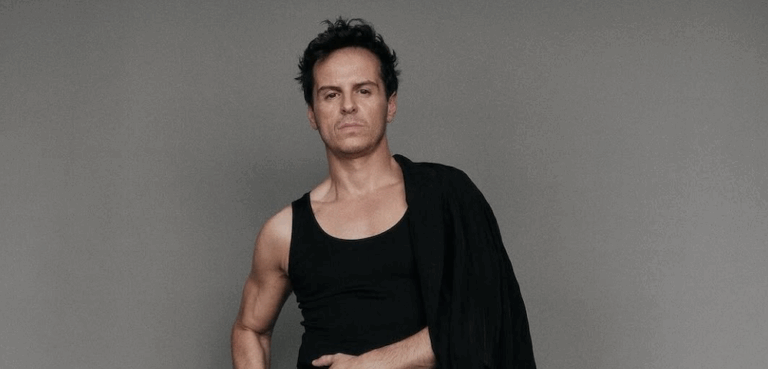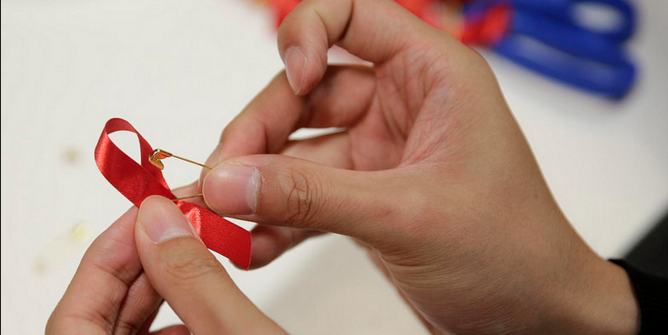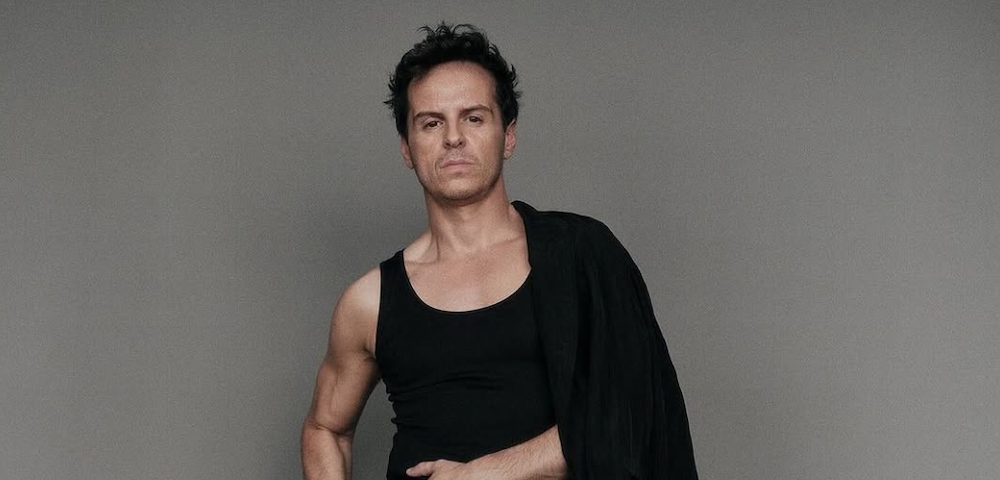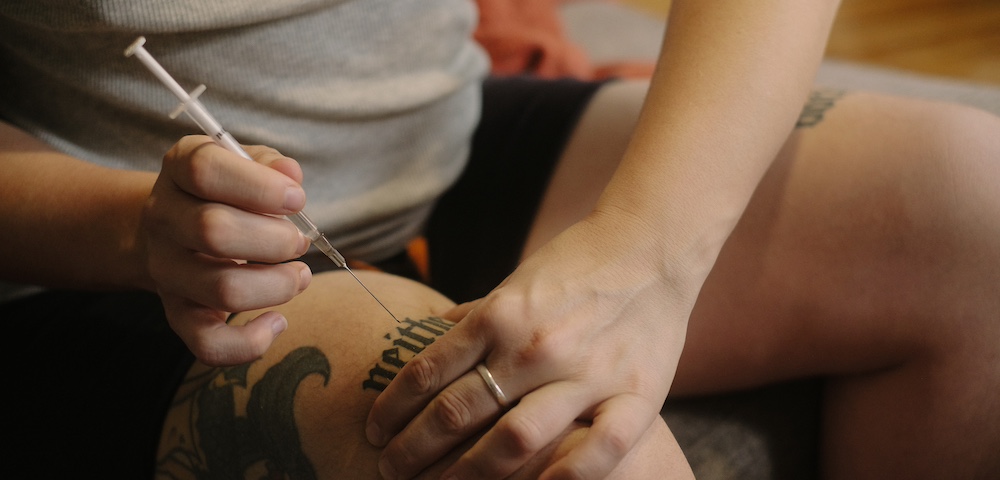
ACON looks to the future of HIV in 2030
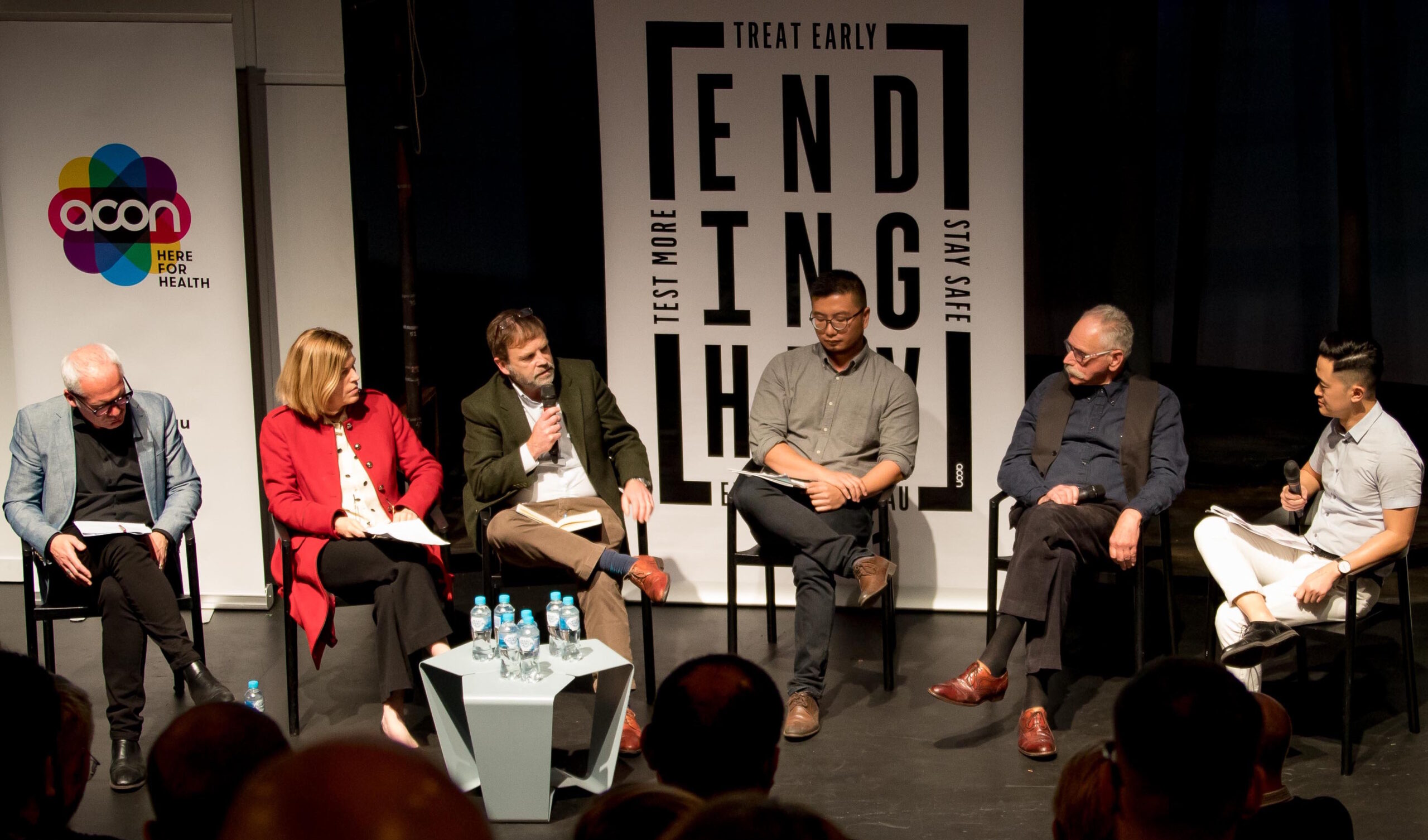
LGBTQI community health organisation ACON is looking to the future of HIV healthcare in NSW through the discussion paper Imagining HIV in 2030.
The paper aims to understand the future of HIV infection in Australia, with a focus on how people living with HIV can live full lives, and examines how the continuation of NSW’s community lead response to HIV will benefit the wider community.
By analysing trends, Imagining HIV in 2030 unpacks the effects of time on the HIV landscape in NSW to ensure that HIV prevention, treatment and support responses in NSW remain on track for future generations.
ACON CEO Nicolas Parkhill said that the purpose of the paper was to provide the community with a resource that ensures the successful continuation of support for people living with HIV in NSW.
“With this paper, we want to explore what the future might look like for HIV in NSW. What changes need to be made? What are the issues that still need to be addressed? What do we need to do to create public health history?” he said, “By releasing this paper, we hope to kick-start this conversation.”
“Imagining HIV in 2030 is a rare opportunity to reflect on how far we have come. It is also a call to action to keep up the momentum in our progress and ensure all in our communities can benefit from the ongoing developments and advances in HIV prevention, treatment and care.”
Parkhill added that the paper will act as a written history of the progress made by the LGBTQI community in NSW and other affected groups who helped NSW reach the lowest recorded rate of new HIV infections in 2018.
“In the early 1980s, our communities were confronted with the devastation of the HIV crisis,” Parkhill said.
“But in the face of death and fear, gay men mobilised and took action, as did other affected groups such as sex workers and people who injected drugs. United in this journey were researchers, scientists, clinicians and policymakers, all of whom bravely took up the fight against HIV and AIDS.”
Imagining HIV in 2030 was launched at a community forum at the Eternity Playhouse in Darlinghurst on Tuesday.
Over 200 people heard from a panel discussion hosted by writer Benjamin Law and a range of researchers and health experts including NSW Chief Health Officer Dr Kerry Chant, Kirby Institute director Professor Anthony Kelleher, Kirby Institute researcher Dr Ben Bavinton, Dr Horas Wong from the Centre for Social Research in Health, and Positive Life NSW’s Lance Feeney.
“We thank the NSW government for its commitment in leading the way for a contemporary Australian response to HIV, and the ongoing advocacy and dedicated work of our sector partners,” Parkhill added.
“We particularly acknowledge people in our communities – gay men and men who have sex with men – who have consistently demonstrated they’re committed to ending HIV transmissions in NSW. Our collective success is really their success.”
You can read the discussion paper here
